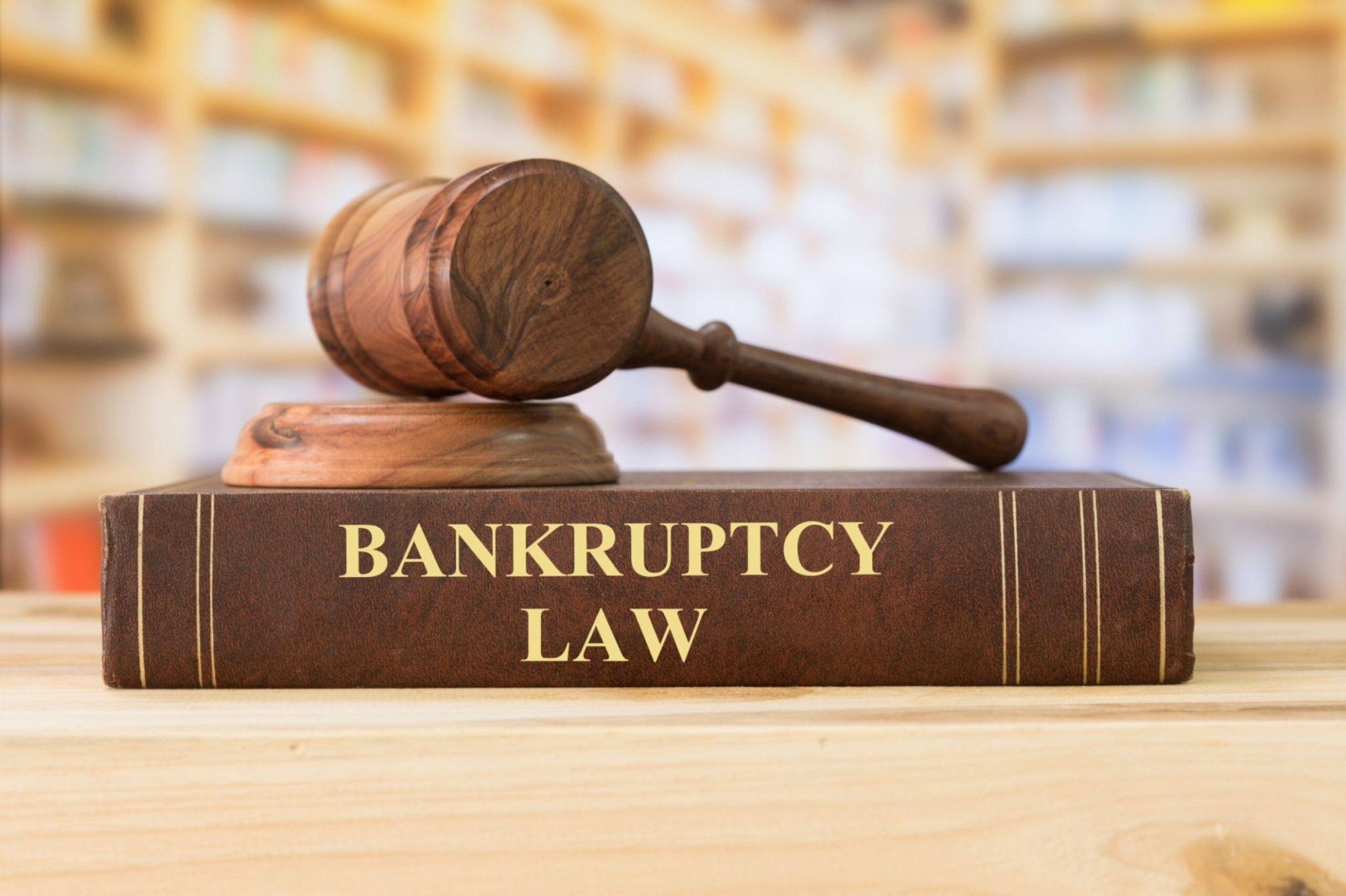
Dapatkan Solusi Masalah Hukum Anda, FREE 30 Menit!
Di Sesi ini Anda Mendapatkan Insight Penilaian Risiko, Opsi yang Dimiliki dan Jalan Keluar Masalah

A Definite Way Out for Settling Uncollectible Debt Through Payment Restructuring & Asset Liquidation
PKPU (Suspension of Debt Payment Obligations) is a settlement of overdue & collectible debts, proven in a simplified manner, by restructuring all debts through filing a PKPU application in the Commercial Court. This allows the debtor to propose a restructuring payment plan.
Bankruptcy is a settlement of overdue & collectible debts, proven in a simplified manner by filing a bankruptcy petition to execute a public seizure & liquidation of assets.
Both methods share the same goal, which is to find the best solution in situations of insolvency, but their approaches differ:
Bankruptcy involves selling assets to pay as much debt as possible. Whatever cannot be paid off is written off, and the debtor is legally released from further obligations.
The bankruptcy process begins with a petition by the creditors or the debtor to the commercial court. If the court determines that the debtor is indeed unable to pay their debts, the court will appoint a curator. This curator is responsible for managing & selling the debtor's assets to pay the creditors.
PKPU gives the debtor time to restructure their debts by making a new agreement with their creditors. PKPU enables the debtor to improve their financial position.
PKPU consists of two (2) phases:
If PKPU fails, then the debt settlement is carried out through the bankruptcy process.
In Indonesia, the laws of Bankruptcy & Suspension of Debt Payment Obligations are regulated in Law No. 37 of 2004.
Bankruptcy becomes an option when the debtor's financial condition is deplorable & they are no longer able to pay their debts. Bankruptcy can be a good choice for both debtors & creditors under these conditions:
PKPU becomes an option when the debtor is facing financial difficulties but still has the capability or potential to pay their debt if given additional time and/or if their debt payment conditions are restructured. PKPU can be a good choice for both debtors and creditors under these conditions:
In the end, the choice between bankruptcy & PKPU will largely depend on the debtor's financial conditions, the creditors' expectations & the assessment of the debtor's future prospects.
In both cases, it will be critically important for all parties involved to seek legal advice before making a decision.
For debtors, the bankruptcy process offers a final solution to challenging financial circumstances. Once concluded, the debtor is discharged from any unpaid debts, offering a chance to start fresh.
Creditors can no longer take independent legal action to collect debts from a debtor declared bankrupt. All claims are submitted through a trustee, who distributes the debtor's assets proportionately.
For creditors, the bankruptcy process can prevent the debtor from prolonging debt payments, which could ultimately harm the creditors.
PKPU provides an opportunity for debtors to avoid bankruptcy by restructuring their debts.
PKPU allows the debtor's company to continue operating, preserving existing jobs & economic value.
PKPU allows the debtor & creditors to reach a mutual agreement on how the debt will be paid, which might benefit both parties more than bankruptcy.
The timeline for debt settlement through Bankruptcy is approximately 180 days at most:
The timeline for debt settlement through PKPU is approximately 315 days at most:
As a Bankruptcy Litigation Attorney, the CHP Law Firm is tasked with:
CHP also plays a role in negotiations with the debtor and related parties to achieve a settlement advantageous to the creditor.
In addition, CHP performs administrative functions such as composing & filing bankruptcy petitions against the debtor in court.
Equipped with this knowledge & expertise, CHP is committed to safeguarding the interests of creditors & maximizing asset recovery.
As a PKPU (Suspension of Debt Payment Obligation) Attorney, the CHP Law Firm is entrusted with:
Furthermore, CHP assumes the responsibility to:
Additionally, CHP carries out administrative tasks such as drafting & filing the PKPU petition to the court.
With this specialized knowledge & expertise, CHP is committed to assisting creditors in maximizing debt recovery & safeguarding their interests.
Untuk menggunduh bedah kasus

Di Sesi ini Anda Mendapatkan Insight Penilaian Risiko, Opsi yang Dimiliki dan Jalan Keluar Masalah